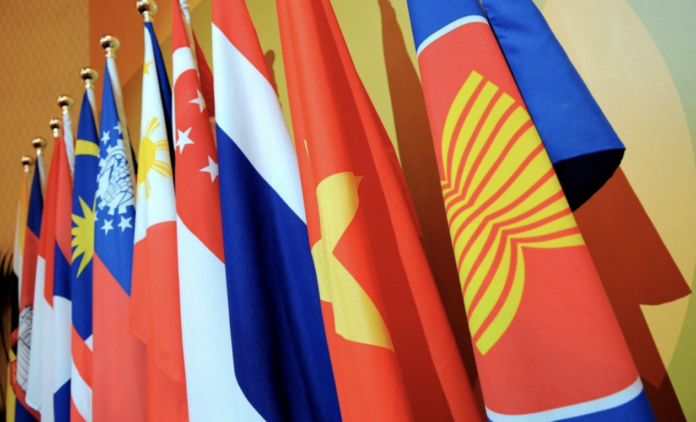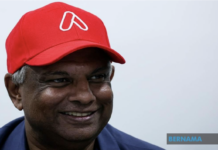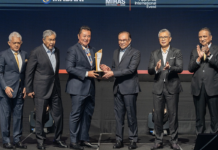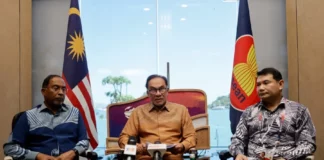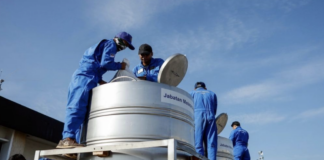PHNOM PENH, Sept 8 – Malaysia is poised to play a critical role in resolving the ongoing internal crisis in Myanmar as it prepares to assume the chair of ASEAN next year.
With an outstanding diplomatic record and as facilitator for peace processes, Malaysia has consistently demonstrated its capability in negotiating complex international issues.
Malaysia’s involvement in peace initiatives – from Congo, Sudan, the Balkans, and Southern Thailand to Southern Philippines – is certainly a testament to its capacity in conflict resolution management.
This experience positions Malaysia uniquely to mediate in turmoil-hit Myanmar – a crisis that is being overshadowed by other major conflicts like the Ukraine-Russia war and the crisis in Gaza.
As Malaysia steps into ASEAN’s leadership role next year, it should leverage its diplomatic strengths to advocate for constructive engagement with Myanmar’s military leaders, ethnic groups, and civil society.
“There is a tinge of optimism in 2025 as Malaysia takes over the ASEAN leadership as Malaysia is a major member of ASEAN. The level of expectation is gradually growing within ASEAN, but it will be a challenging task for Malaysia.
“Malaysian leaders must first consult UN Special Envoy (of the Secretary-General on Myanmar) Julie Bishop, and the Malaysian foreign minister should travel to all the five capitals in China, Bangladesh, India, Laos and Thailand, all of them share borders with Myanmar and are suffering,” India’s former Ambassador to Myanmar Rajiv Bhatia told Bernama from New Delhi.
“We don’t want to dictate to Myanmar. The problem of the failure sometimes in dealing with Myanmar’s military is we try to dictate that we want a democratic transition.
“I think what is important for Myanmar is peace. Get all the parties to speak to each other and maintain peace and then they can decide for themselves what form of government they want to have. Our problem in the past is we dictate to them what government they should have.”
Malaysia hosts about 200,000 Myanmar refugees.
Rajiv proposed Malaysia should start a series of dialogues, especially with the three dominant countries — China, India and Thailand — that have significant influence with the military leaders and send an assertive message that ASEAN is ready to foster peace, and all violence must cease immediately.
“Malaysia can organise sustainable proximity talks with the military, resistance groups and Malaysia plus a few ASEAN members. The problem in Myanmar was not caused by ASEAN but by internal forces, it is an internal problem. ASEAN is an outsider.
“The military is hoping for a solution, and they want to withdraw, they want an honourable exit. There is fatigue among the military and the people at large, now they just want peace,” said Rajiv, who has been monitoring Myanmar politics for nearly three decades.
Bangkok-based veteran regional expert Kavi Chongkittavorn said that any peace-building initiatives with Nay Pyi Taw need the support of neighbouring governments who share the same vision.
“Collective ASEAN support is important, and they cannot divert from the 5Cs (five-point consensus). Prime Minister Anwar (Ibrahim) has spoken strongly on international affairs and Malaysia has good relations with China, Bangladesh and Thailand.
“Malaysia must engage Thailand because we share borders with Myanmar and facilitate humanitarian assistance, but we are also bearing the brunt of the conflict,” said Kavi.




